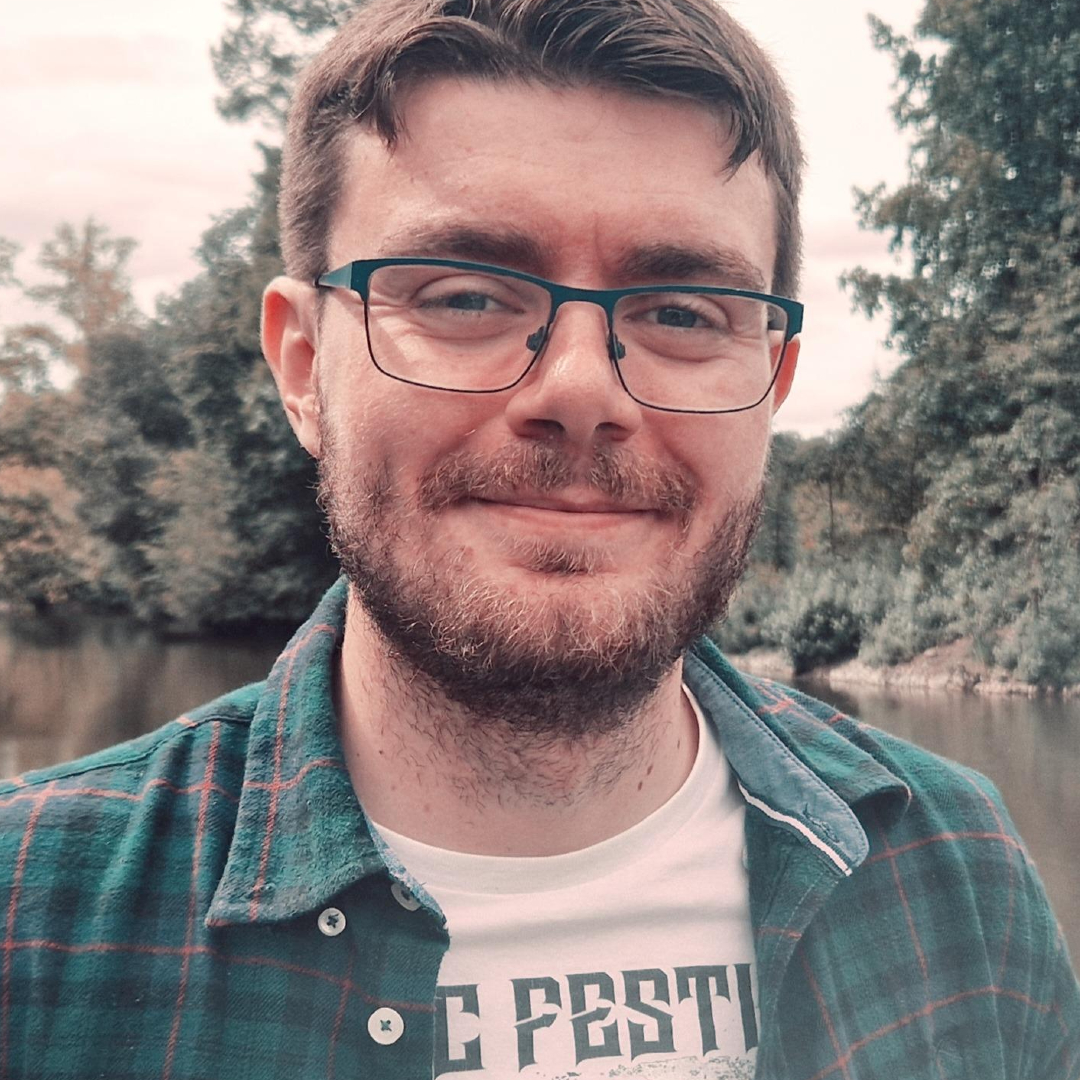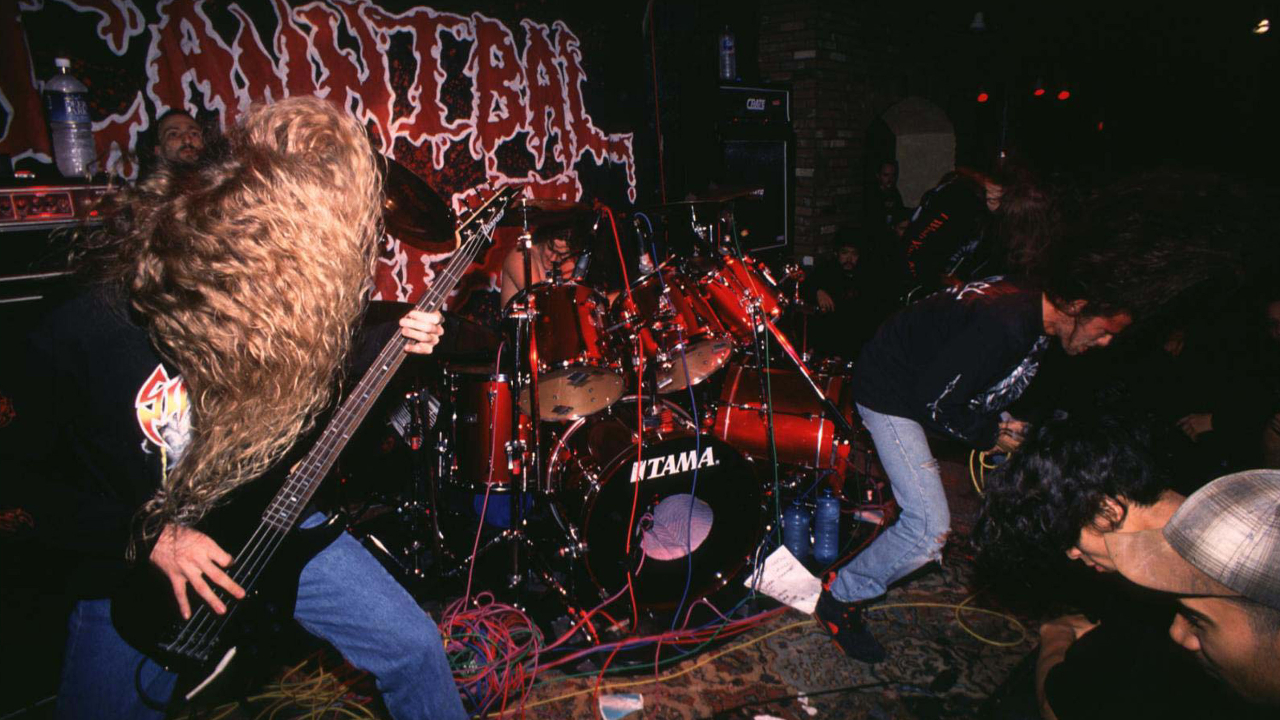Sabaton’s Joakim Brodén is optimistic for the future: “My opinion is that we’re not as f**ked as people think“
Sabaton’s armour-plated frontman talks new music, the war in Ukraine and the story that broke his heart

Sabaton’s recent song, Father, is about Fritz Haber, the scientist who invented both artificial fertiliser and chlorine gas. Hero or villain?
Joakim Brodén: “Depending on which point in his life you look at him, he could be both. If you go by pure numbers, he is responsible for more people being alive than people dying, but he seemed pretty clinical and cold. He said, ‘In peacetime, the scientist belongs to humanity; in wartime, to his fatherland,’ and that death is death no matter how it’s achieved. His wife took her own life and directly after that he left his kid and went to the front. I think that says something about him.”a
You’ve done two albums on World War I and now we’re getting three EPs about it, too. Are you sick of the Great War yet?
“Yes and no. We could do 50 more albums and never run out of fantastic stories, but we’ve done the ones we feel the most passionate about for now. We’re not going to go into the studio and look at more World War I stuff – I need a break! Ha ha ha!”
Most Sabaton songs are about the Second World War or earlier. Is there a ‘too soon’ element to writing about more modern or ongoing conflicts?
“With any recent conflict, there’s always the danger of us being influenced by what we read in the media. Commanders and politicians don’t always tell the truth. A couple of years later historians are looking into it and don’t have any skin in the game, and just want to uncover the truth. That’s the kind of expertise we want to lean on.”
Has what’s going on in Ukraine changed your perspective on war?
Sign up below to get the latest from Metal Hammer, plus exclusive special offers, direct to your inbox!
“Not too much. In Western Europe, it’s the first time in a generation that this kind of conflict has been so close to home. But it’s quite important to remember that, at any given time, there are dozens of armed conflicts going on all over the world. It might feel new to us, but to a lot of people who live in other parts of the world, war has been their daily life for years.”
Have recent events affected what songs you’ll play live?
“No. We’re playing Night Witches on this tour, which is about Russian bomber pilots in World War II. I don’t see how removing that would make any sense whatsoever. We just want to inspire people to learn; ignite a spark that takes them to documentaries or Wikipedia or whatever.”
Wikipedia has a bad rap in terms of credibility, doesn’t it? Is it more reliable than it gets credit for?
“It depends on the subject. If you look at an ongoing conflict it might be dangerous, because people on both sides are editing on a daily basis. However, if you’re going back into historical things, you can look at the sources there. We use Wikipedia quite a lot: it’s the fastest way for us to get an overview of a certain topic.”
Of all the war stories you’ve written about, which one has given you the best life lesson?
“One of the biggest gut-punches was Inmate 4859: the story of Witold Pilecki. He reported about the atrocities in Auschwitz. He faked his identity and got himself taken there on purpose. Then, when he escaped, no one believed him. He went back [to Poland] and fought in the Warsaw Uprising, and then he got executed as a traitor by the new Soviet government, who thought he could be a leader of a resistance. Sometimes you can do no right. He got written down in his nation’s history books as a traitor when he was one of the greatest freedom fighters in modern times.”
You’ve written about wars from thousands of years ago through to the 20th century: they’re always happening. Is humanity fucked?
“You’re going to have to ask someone way smarter than me. Ha ha ha! My opinion is that we’re not as fucked as people think. The world is actually getting better. I’d recommend reading Factfulness by Hans Rosling. It will throw a lot of your preconceptions upside down and turn them inside out. It’s a proper eye-opener. No spoilers, but it’s a super-quick read and super-fun.”
Sabaton tour the UK in April

Louder’s resident Gojira obsessive was still at uni when he joined the team in 2017. Since then, Matt’s become a regular in Metal Hammer and Prog, at his happiest when interviewing the most forward-thinking artists heavy music can muster. He’s got bylines in The Guardian, The Telegraph, The Independent, NME and many others, too. When he’s not writing, you’ll probably find him skydiving, scuba diving or coasteering.
